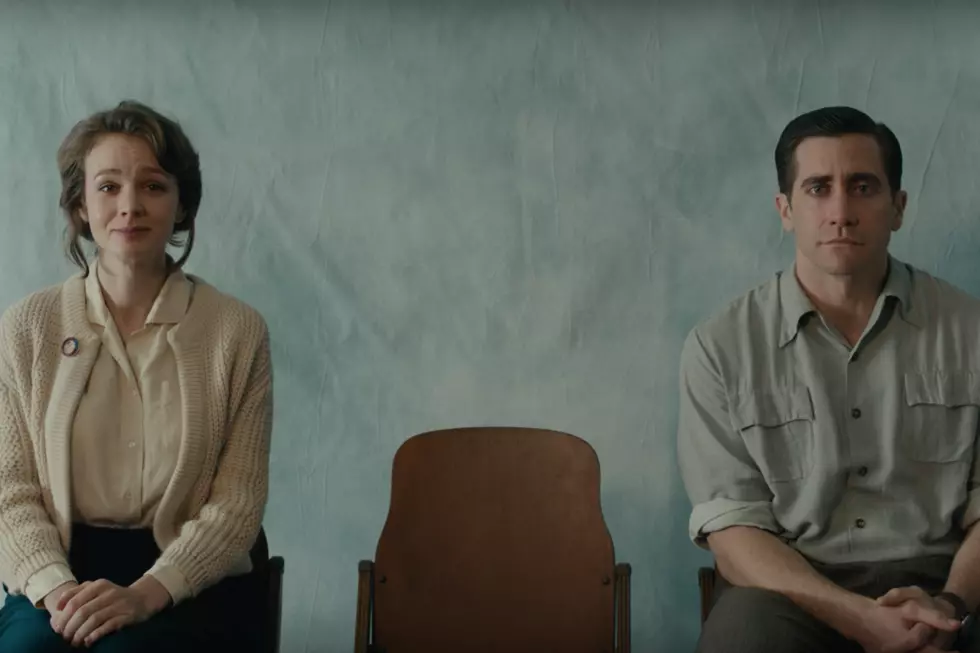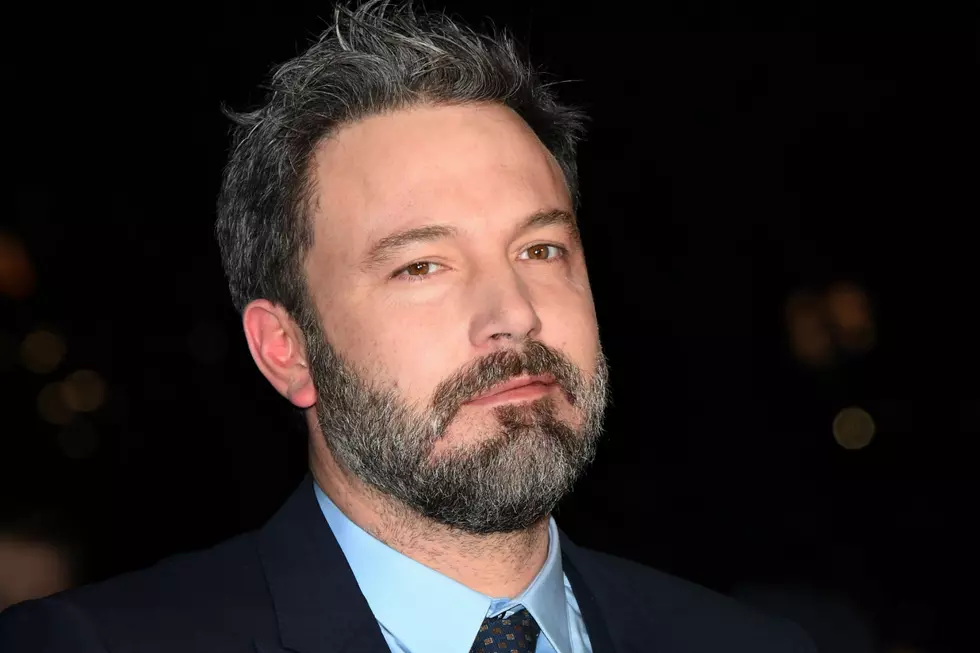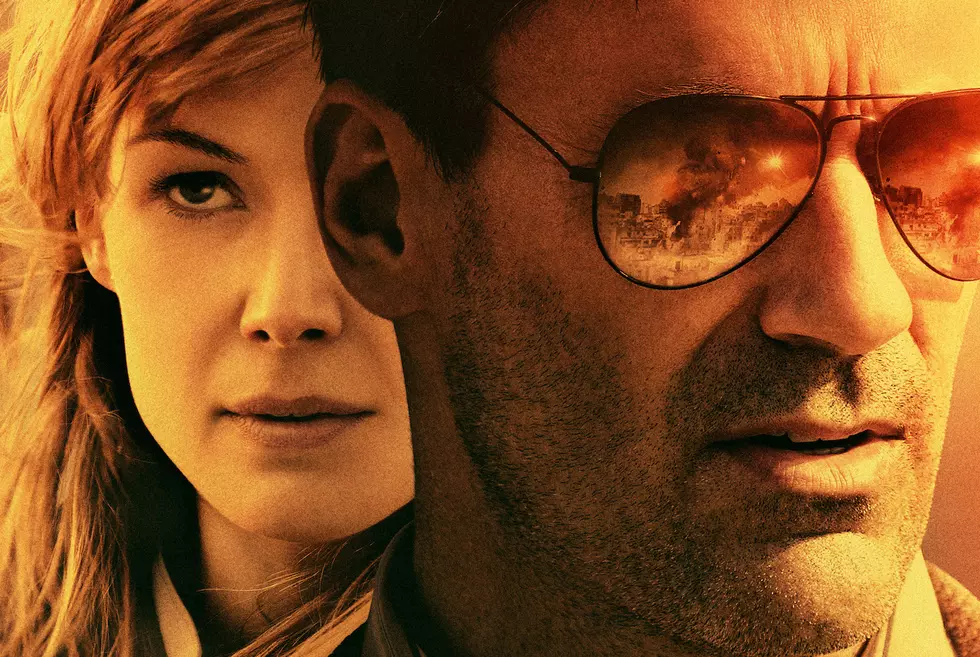
‘Mudbound’ Review: A Powerful and Poetic World War II Drama From Dee Rees
Dee Rees’ short film Pariah debuted at the Sundance Film Festival 10 years ago, followed shortly after by her stunning 2011 debut feature of the same name, and a slew of Emmy wins for her HBO film Bessie. She’s been a talent to keep an eye on, but with Mudbound, a powerful period drama pulsing with urgency, she’s on her way to becoming a household name.
Adapted by Rees and Virgil Williams from Hillary Jordan’s novel of the same name, Mudbound charts the lives of two Mississippi families — one black, one white — in the pre- and post-World War II south. The film jumps back and forth between the Jacksons, a family of sharecroppers, and the McAllans, the owners of the farmland, to give us an intimate glimpse into each family’s home life and hardships.
When Ronsel Jackson (Straight Outta Compton’s Jason Mitchell) and Jamie McAllan (Garrett Hedlund) return home from the war, the two strike up a friendship that sets off a tense conflict between the families. Whereas Jamie’s struggles with PTSD are fairly stereotypical of wartime narratives — he drops to the ground when he hears a car backfire, has nightmares, drinks himself numb — Ronsel’s trauma derives from the racism and discrimination he returns to back home. When living abroad as a solider, Ronsel was treated kindly by white Europeans and fell in love with a German girl, but back in the Mississippi Delta he’s harassed when he tries to exit a store through the wrong door.
There’s a novelistic quality to Mudbound that elevates it from what could have been a traditional and singular story about struggle and oppression into a layered, multi-dimensional one. Rather than just tell Ronsel’s story, the film alternates between voiceovers from different characters, putting us inside their heads. The film opens with narration from Jamie, reflecting on his relationship with his older brother Henry (Jason Clarke) Then Carey Mulligan’s Laura reminisces on her marriage with Henry, as well as her feelings towards Jamie. Later, we hear Ronsel’s father Hap Jackson (Rob Morgan) lament the hardships of sharecropping on a white man’s land, and Florence’s relationship with Laura’s children when she’s hired to care for them.
These internal monologues could come off dry and tiresome, but the script has a stirring lyricism to it that makes each voiceover feel like a private letter written just for our ears. Anyone who’s seen Pariah and experienced its aching final monologue knows Rees has a way with words. When that language is juxtaposed against Rachel Morrison’s stunning cinematography, Mudbound feels like cinematic poetry. Nearly every frame of the film, glistening with golden hues and high-contrast browns and blues, looks like something you’d see in an art gallery. It’s a visual world that is at once beaming with life, yet ragged and dirty, as if struggling to survive the grim forces encroaching in on it.
The strongest asset to Mudbound is its cast and their urgent, impassioned performances. It’s a true ensemble piece in which every actor soars in the quiet moments as well as the climactic, heart-wrenching ones. Even in the film’s harrowing finale, the performances never come off too loud or showy, which could easily happen with material as heavy as this. But it’s Hedlund (who’s the best he’s ever been) and Mitchell who make up the film’s most poignant and sweet moments. They share a brotherly friendship that’s imbued with an intimacy and tenderness that’s unlike any bond between two male heterosexual characters in recent memory.
There are moments where Mudbound feels bloated and unfocused, largely due to the ambitious narrative structure; Rees tackles a lot of characters here, and while their smaller moments and voiceovers give the film a textured depth, it can feel scattered at times. There’s also some minor subplots that feel superfluous and sway into melodramatic territory, particularly one around the McAllan’s poor white neighbors that arrives and disappears seemingly out of nowhere. Running at 131 minutes, the film would benefit from some tighter edits and trimming.
Rees has a special way of telling deeply human stories about harnessing strength through oppression — exactly the sort of storytelling we should be seeing more often in cinema. Mudbound may be set over 70 years ago, but its layered and affecting approach to race, love, and family feels especially relevant — and necessary — today.
More From ScreenCrush









